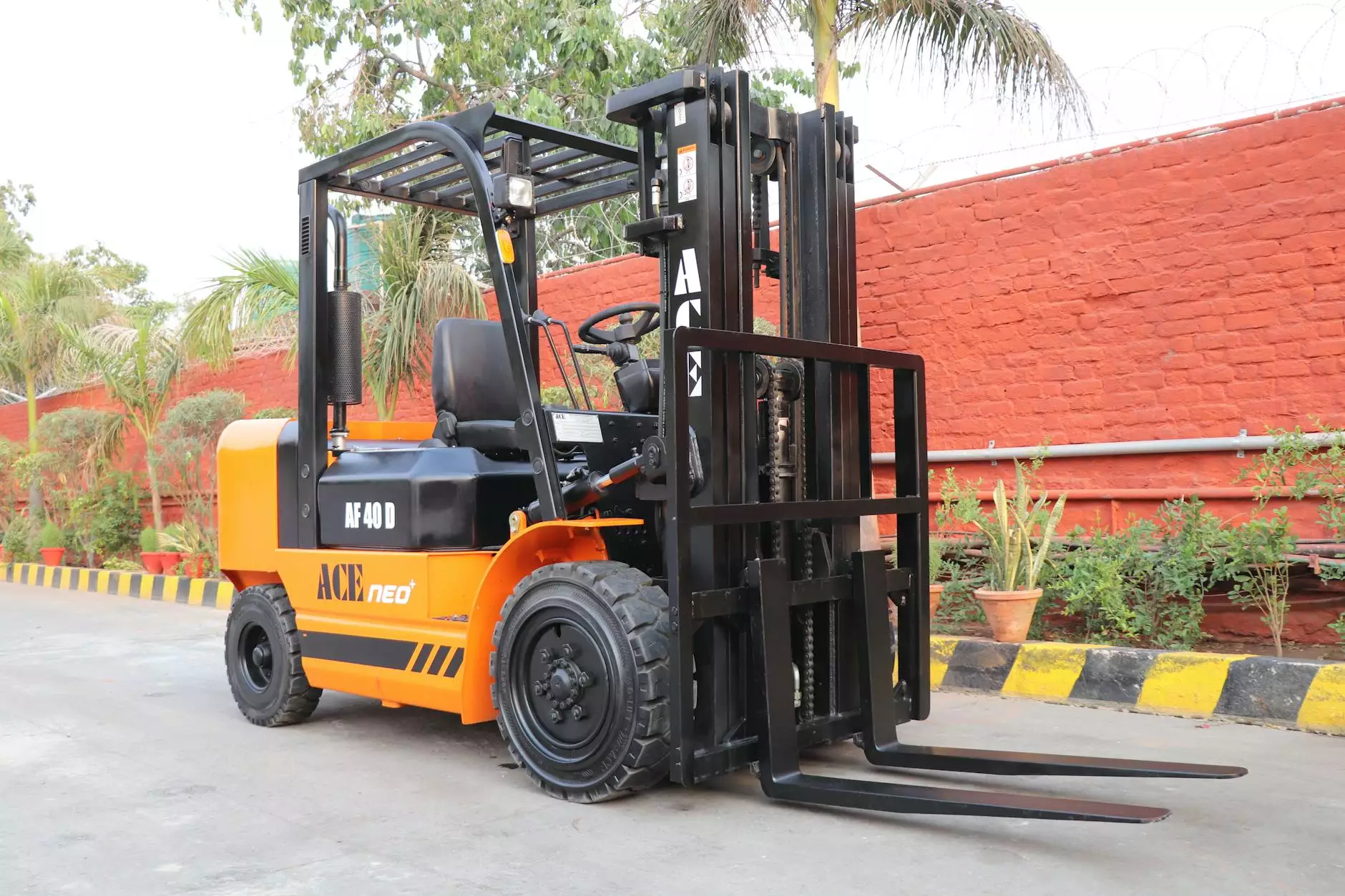Transforming Logistics: The Future of Cargo Transportation

The landscape of cargo transportation is rapidly changing, driven by innovation, technology, and changing consumer expectations. At the forefront of this transformation is CargoBooking.aero, a platform dedicated to enhancing the efficiency and effectiveness of shipping centers, transportation networks, and airport operations. This article delves deeply into the core components that define the modern cargo transport industry and how businesses can harness these advancements for success.
Understanding the Core Elements of Cargo Transportation
To fully appreciate how we can innovate the logistics sector, it is essential to understand its fundamental elements:
- Shipping Centers
- Transportation Modes
- Airports and Aviation Logistics
1. Shipping Centers: The Backbone of Cargo Logistics
Shipping centers play a crucial role in the logistics sector. They serve as the nexus where goods are received, processed, and dispatched. A well-functioning shipping center involves:
- Efficient Warehousing: Modern shipping centers utilize advanced warehousing techniques that maximize space and streamline operations. This includes automated picking systems and real-time inventory management.
- Robust Transportation Networks: To ensure timely delivery, shipping centers must be integrated with reliable transportation networks that can handle various cargo sizes.
- Technology Integration: The use of software systems like Transportation Management Systems (TMS) allows for better route planning and shipment tracking.
2. Transportation Modes: Choosing the Right Fit
Each transportation mode has its unique advantages and limitations. Businesses must evaluate their needs to select the suitable mode:
- Road Transportation: Ideal for short-haul deliveries, road transportation offers flexibility and ease of access.
- Rail Freight: An environmentally friendly option for bulk shipping over long distances, rail freight is cost-effective but limited to specific routes.
- Air Freight: The fastest mode of transportation, air freight is perfect for time-sensitive shipments but comes with a higher price tag.
3. Airports and Aviation Logistics: The Gateway to Global Markets
Airports are indispensable in the logistics chain, functioning as the gateways for international trade. The role of airports in cargo transportation involves:
- Customs Clearance: Efficient customs processes are essential for quick clearance of goods, minimizing delays.
- Advanced Security Protocols: Cargo transported via air is subject to strict security measures, ensuring the safety of shipments.
- Coordinated Operations: Collaboration between airlines, freight forwarders, and ground handlers is vital for managing cargo operations effectively.
The Role of Technology in Revolutionizing Cargo Transportation
Technology is a game changer in the logistics industry, providing tools and systems that streamline operations and improve service delivery. Key technological advancements include:
- Real-Time Tracking Systems: Technologies like GPS and RFID help businesses know the exact location of their shipments at all times.
- Data Analytics: By analyzing historical shipping data, companies can forecast trends and optimize routes to enhance efficiency.
- Automated Handling Equipment: Innovations in automation in warehouses and airports are reducing labor costs and improving speed.
Leveraging Data for Better Decision Making
In today’s data-driven world, the ability to leverage data for decision-making is crucial for logistics businesses. Key strategies include:
- Predictive Analysis: Using data algorithms to predict shipment delays or demand spikes allows companies to adjust their logistics plans accordingly.
- Customer Analytics: Understanding customer preferences and shipping habits can help businesses tailor their services and improve customer satisfaction.
- Inventory Optimization: Data analysis can lead to smarter inventory management, reducing holding costs and improving cash flow.
Building a Sustainable Future for Cargo Transportation
Sustainability is becoming a significant focus within the cargo transportation industry. Companies like CargoBooking.aero are pushing for greener practices through:
- Reduced Emissions: Companies are exploring electric and hybrid vehicles to lower their carbon footprint.
- Optimized Routes: Using technology to create more efficient routes can significantly reduce fuel consumption and emissions.
- Sustainable Packaging Solutions: Focusing on eco-friendly packing materials and strategies to minimize waste.
The Importance of Customer Experience in Cargo Logistics
Ultimately, the success of a logistics company hinges on its ability to provide an excellent customer experience. This involves:
- Transparent Communication: Providing clients with timely updates and responses to inquiries fosters trust and loyalty.
- Personalized Services: Tailoring service options to meet specific customer needs can set a business apart from competitors.
- Efficient Problem Resolution: Quickly addressing issues that arise throughout the shipping process is essential for maintaining customer satisfaction.
The Future of Cargo Booking: What Lies Ahead?
As technology continues to advance, the future of cargo booking, especially through platforms like CargoBooking.aero, looks promising. Key trends shaping this future involve:
- AI and Machine Learning: Leveraging AI to enhance logistics efficiency through smarter routing and automated decision-making.
- Blockchain Technology: Introducing blockchain for greater transparency and security in transactions.
- Increased Collaboration: Fostering partnerships across the supply chain to unify efforts and achieve common goals.
Conclusion: Navigating the Evolving Cargo Transportation Landscape
The future of cargo transportation is being molded by rapid changes in technology, shifting customer expectations, and an increasing emphasis on sustainability. Companies that embrace these changes and prioritize efficiency, customer experience, and innovation will thrive in the competitive logistics environment. As we look toward the horizon, platforms like CargoBooking.aero are not just responding to these trends but actively shaping them, ensuring a more connected and sustainable future for the cargo transportation industry.
https://cargobooking.aero/


